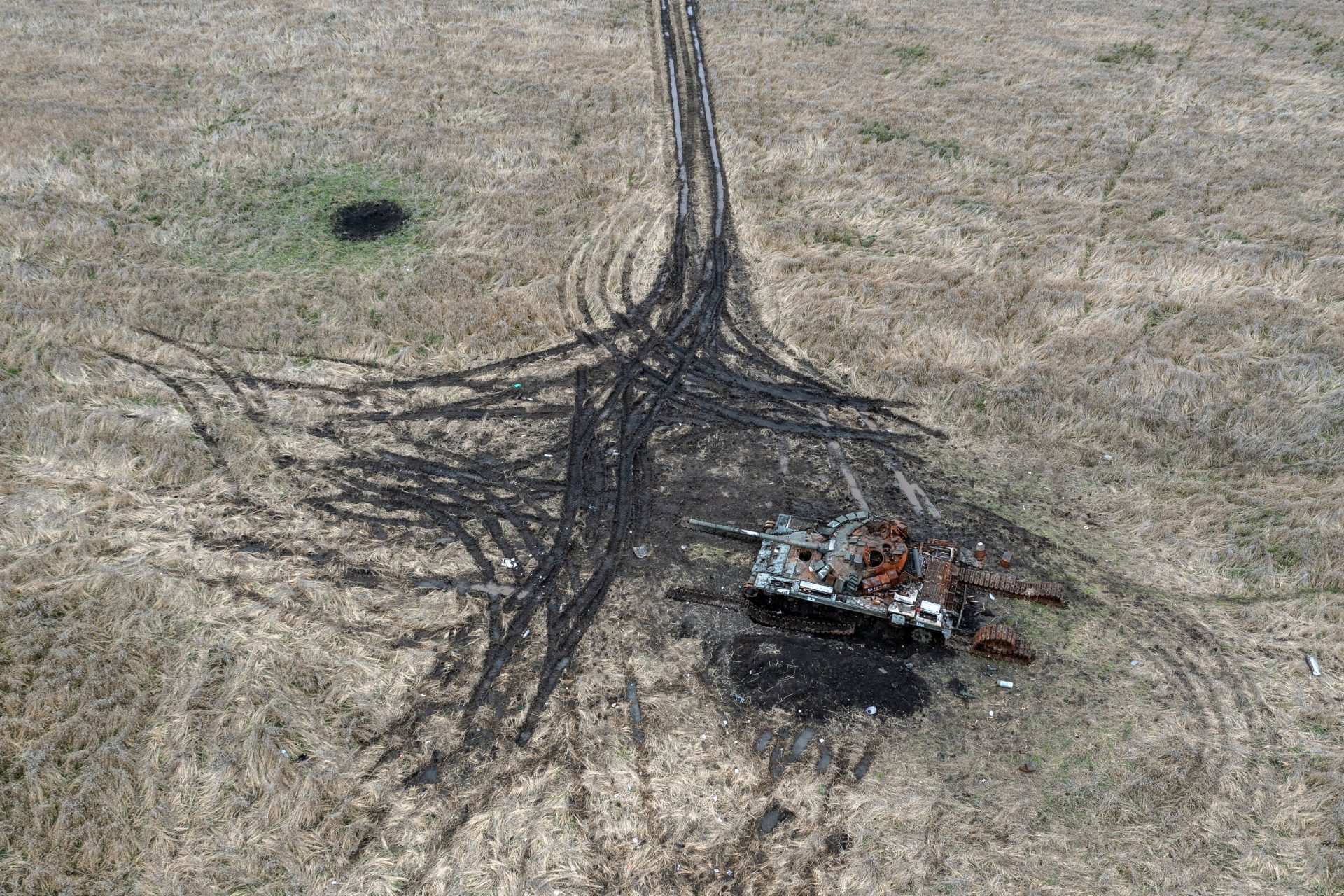One coral reef's stunning rebirth gave hope for the future of our oceans
There were a lot of amazing news stories in 2022 showing just how well nature was adapting to our planet's changing climate. But no story was as impressive as the news that coral reefs just might be able to regenerate after suffering massive die-offs. This is the story of how the coral reef surrounding Kirabati's Line Islands changed our understanding of marine biology.
Enric Sala and his dedicated marine biologists first visited the coral reefs of the southern Line Islands in 2009 and found ecosystems teaming with endangered fish species and what he described as a pristine coral reef.
"What we found was paradise,” wrote Sala in an article he published in National Geographic, “reefs untouched by humans, with a thriving coral jungle full of large fish."
“The southern Line Islands changed our understanding of coral reefs,” Sala added, “scientists like me had no idea what pristine reefs looked like.”
The coral reef Sala discovered was unlike any in the world. Its remote location had protected it from the dangers of commercial fishing but it also exposed it to another serious risk—climate change.
Unfortunately, Kiribati’s pristine coral reef was nearly destroyed in 2015 and 2016 after an unprecedented El Niño event in the Pacific Ocean exposed large areas of the waters around the southern Line Islands' abnormally warm temperatures that lasted for fifteen weeks.
When a part of Sala’s original team returned to the reef in 2017 they found that more than half of it had been destroyed but they discovered something interesting.
Much of the dead coral in the southern Line Islands coral reef was composed of just two species—Pocillopara and Acropora—the rest of the coral that made up the reef survived which indicated that they may be resistant to ocean warming.
When coral dies off in mass bleaching events it is rarely able to recover and is usually quickly taken over by brown algae. But that didn’t happen in the southern Line Islands reef.
Sala theorized that the abundance of fish in the southern Line Islands coral reef could have kept it free from brown algae and it prompted one major question, would the reef recover?
It wasn’t until 2022 that Sala was able to return to the southern Line Island coral reef and what he found astonished him.
“I could not believe what I saw,” Sala wrote and questioned if the warming tragedy had even happened to the reef.
“The bottom was covered with live, gorgeous corals, all the way down to 100 feet… we were back in paradise.”
In the three weeks Sala and his team spent exploring the area they discovered a miraculous recovery but there also noted some major changes.
"The reefs were back with exuberance, but they were changed,” Sala wrote, “here and there, Pocillopora that had died in 2015-16 were recovering slowly…but most of the space left by the dead corals had been filled by other species.”
The experience taught Sala and marine biologists that coral species could adapt to increasing temperatures, but more importantly, that coral reefs are far better at restoring themselves—which has fundamentally changed how we understand our oceans.
More for you
Top Stories





























